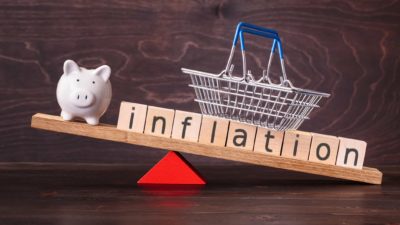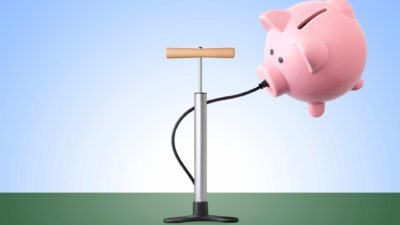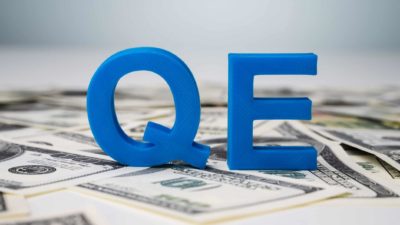For many investors out there, their portfolio of investments would consist solely of ASX shares.
There are a lot of things to love about our ASX and Aussie share market. Franking credits are a benefit loved by millions of investors. And there's no doubt that some of our biggest companies like Commonwealth Bank of Australia (ASX: CBA), Woolworths Group Ltd (ASX: WOW) and CSL Ltd (ASX: CSL) have made many investors very wealthy over the years.
Ditto with newer growth stocks like Afterpay Ltd (ASX: APT), A2 Milk Company Ltd (ASX: A2M) and Xero Ltd (ASX: XRO).
But is a portfolio that solely consists of ASX shares (regardless of how blue their chips are) a safe and secure way to invest?
The risks of an all-share portfolio
That depends on your risk tolerance and the kind of loss you can take. See, regardless of the industry, all ASX shares are bound together because they are all part of the same asset class – pieces of Australian public companies.
If Australia was to go into recession – most ASX shares would be affected.
If we had some kind of currency crisis – most ASX would be affected.
And if the Reserve Bank of Australia (RBA) dramatically raised interest rates – guess what, all ASX shares would be affected.
There are a lot of risks that would broadly affect shares as a whole asset class – not just individual companies.
You might see this and decide to invest in some international shares – perhaps through a wide-ranging exchange traded fund like the iShares Core MSCI World All Cap ETF (ASX: IWLD). This ETF holds nearly 4,000 companies from around the world – everything from Apple and Microsoft to Nestle and Toyota.
But here's the kicker – the Australian share market is intrinsically tied to the fortunes of the other major stock markets around the world. Especially the US.
So while diversifying into international shares can be advantageous from a diversification standpoint, it will only help insulate your portfolio form Australia-centric issues, not a global recession like the GFC.
What's the solution, then?
In order to truly manage risk, you need to invest in asset classes that are not correlated with shares – ASX or international.
There's always cash, but we all know the kinds of returns you can expect from term deposits these days.
Government (or even corporate) bonds are a popular alternative. These are normally judged to be 'risk-free' because of the evergreen ability of governments to create money and not default. More importantly, bonds are often negatively correlated with shares, meaning they might rise if the share market falls. You can use ETFs like the Vanguard Australian Fixed Interest Index ETF (ASX: VAF) for bond exposure.
Gold is a more controversial choice. Its status as a 'safe-haven' always attracts some risk-averse investors, regardless of its lack of yield. The ETFS Physical Gold ETF (ASX: GOLD) is an option if this path appeals to you.
Foolish Takeaway
If you're young or have a low-risk tolerance, by all means, stick with investing in shares. But If you're approaching retirement and are wary of capital loss, don't make the mistake of assuming your 'diversified' portfolio of only ASX blue-chip shares offers you protection from losses.







